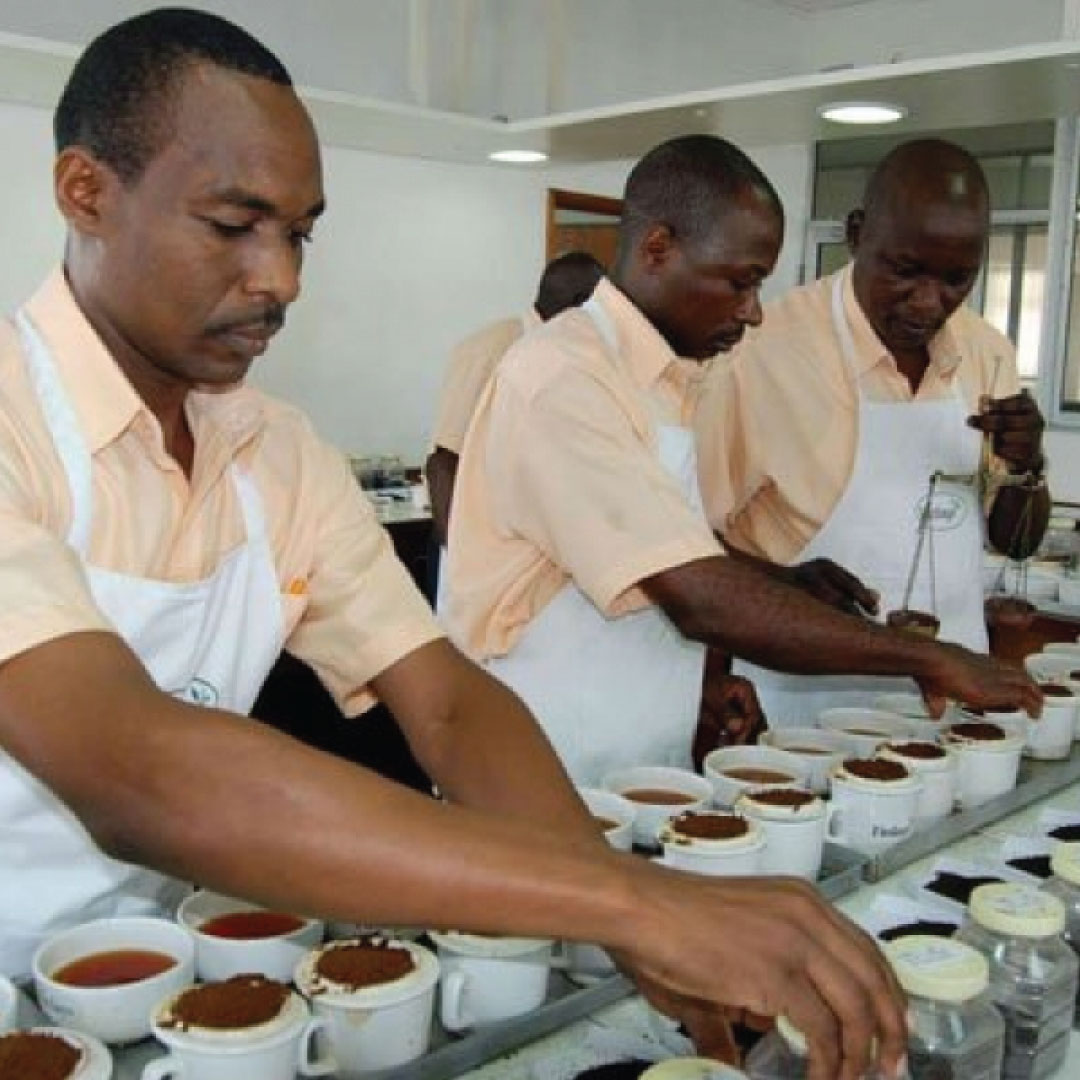Mombasa Tea Auction House which is based in Mombasa, the second-largest city in Kenya, each week sells tea from East Africa to customers across the globe. Prior to the sale, buyers participating in the auction get samples of every single tea included in the catalog for the purpose of tasting and evaluating. Tea is graded and valued by each bidder before the auction, so they’re prepared to bid for it
The Idea Behind The Digitalization of Tea Auction House
In order to streamline operations and eliminate the need for tea sellers to physically engage with one another at auction houses, last week after two years of testing, the Mombasa tea auction transitioned to a $2.12 million computerized platform known as the Integrated Tea Trading System (iTTS). The iTTS, which was launched by the East African Tea Trade Association (EATTA)
Arthur Sawe, EATTA chairperson saillained that the platform, which was funded by the Danish International Development Agency (Danida), will increase the profits of farmers and traders by cutting operation costs.
“The digitization seeks to fill gaps in the current procedures, which are done manually including membership and cataloguing.”
How Does Mombasa Tea Auction Work?
Perishable goods like tea, homogeneous commodities like steel, and hard-to-price goods like rare-earth metals are best handled by auction. And the major goal is to find out how much anything costs. Because the variety of such goods is identical, a lot relies on the emotions and enthusiasm of the buyers and sellers involved. Even a minor facial expression may have a role in determining the end buyer, causing the market to become vitiated. Nonetheless, due of the openness in price and quality, it works best for Tea.
Read Also : The Africa Development Bank Commits €4 million to Africa Circular Economy Facility
Tea is auctioned using the Open-Outcry, Ascending-price procedure. Although it began at the London Tea Auction Center, it was eventually halted due to the fact that England is not a tea-producing country. Rather, in producing nations like Sri Lanka, Kenya, Indonesia, China, and several Indian towns, the auction thrived. Tea price is also heavily influenced by freshness, diversity, and quality, all of which are influenced by geography and climate. Tea is the second most popular beverage after water, with a worldwide industry worth an estimated 80 billion dollars by 2026.
The Tea Auction House
The Mombasa Tea Auction House serves Kenya, Mozambique, Tanzania, Malawi, Burundi, Ethiopia, the Democratic Republic of the Congo, Rwanda, Madagascar, and Uganda, among other countries. Its digitalization, which resulted in the creation of the iTTS site, started in May 2020, just as the coronavirus pandemic began to spread throughout the world. It aided the business in complying with social distance rules by enabling buyers to put their tea bids on the internet. The iTTS portal was officially released on March 31, 2022, after a two-year test period.
About iTTS
An announcement about the launch was made via a press release “in time, iTTS is expected to shorten the pre-auction, auction, and post-auction stages; create the potential for increased frequency in trading volumes; reduce the tea trading cycle by about 65 percent from the current 45 to 60 days to less than a month; and, fast track payments to farmers and reduce the need to take loans to finance farming operation.”
According to Morgens Strunge Lursen, Councilor at the Danish embassy in Kenya, “the launch of the iTTS is particularly exciting because it helps position such a critical sector for future growth and success by driving efficiency and supporting both increased traceability and information exchange.”
Read Also : Google Subsea Cable to Bring Better Internet Connectivity to Nigeria
Furthermore, Kenya’s East Africa Community Permanent Secretary Kevit Desai also affirmed that “The manual procedure involves middlemen, producers, warehouses, brokers, buyers.
The trickle-down effect was that farmers had little say in the prices of their tea but the new system is inclusive, and farmers will benefit immensely.”
How the ITTS works
Users will simply need connected devices (such as smartphones) in order to follow the tea they purchased via auctions all the way from the factory to the delivery company. In addition, the portal includes tools that enable resellers to track and analyze global market trends.
EATTA Managing Director, Edward Mudibo concludes that the iTTS “will ensure that stakeholders of the tea auction, including farmers, buyers, and sellers receive real-time information on what is happening on the auction bourse, which will boost confidence in the Process”
